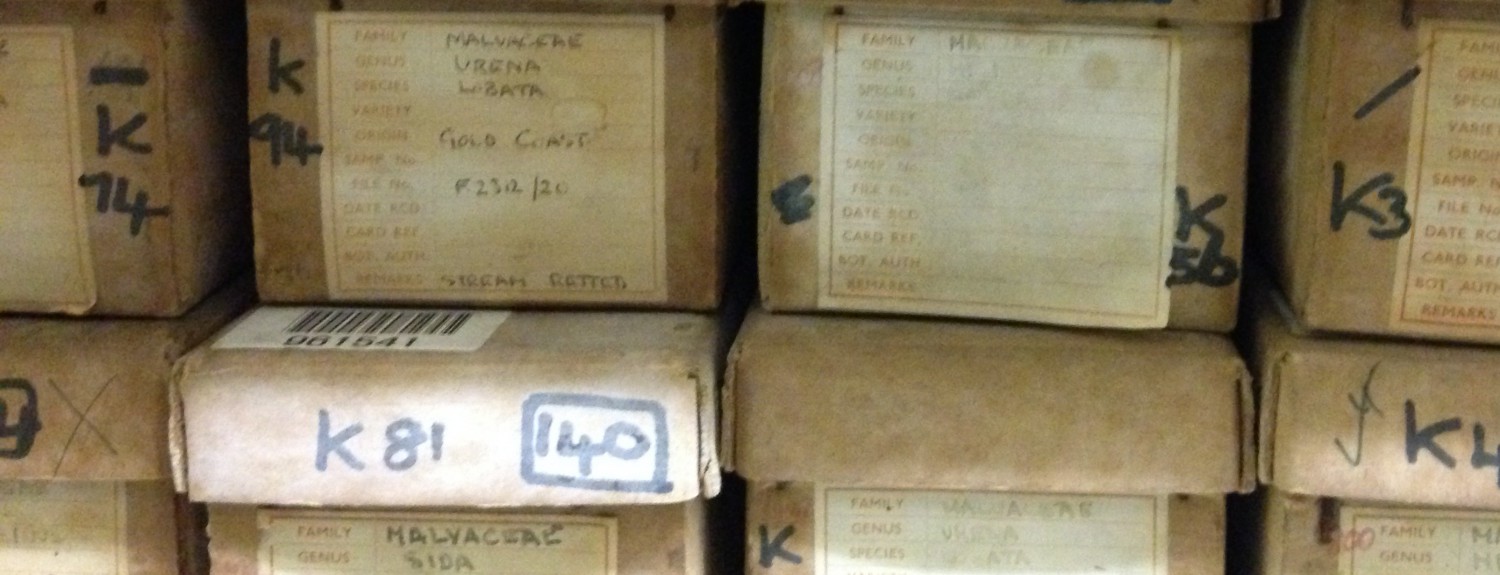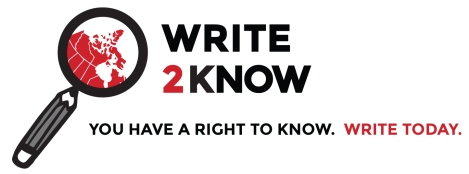The Politics of Evidence Working Group is a coalition of scholars, scientists, activists, and NGOs concerned with the uses, abuses, possibilities and limits of evidence. Collectively we are committed to examining how evidence, scientific and otherwise, is marshaled in politics, policy making, and everyday life. We take particular interest in the ways that evidence is mobilized in research conducted in the public interest, such as research in the areas of environmental safety and community health.
Beyond highlighting the contexts in which science, technology, and medicine intersect with issues of social and environmental justice, our goal is to activate public interest in the politics of evidence. Our collective work aims to engage broader public participation in the research that helps to define the health of our bodies, communities, and environments by asking questions such as: What forms of evidence count in policy making? What forms of evidence do not count? Whose knowledge counts? Whose knowledge does not count?
By examining these questions through scholarly and public engagement, we aim to both shed light on the silencing of local and indigenous ways of knowing and to interrogate officially sanctioned accounts. As we seek to broaden public participation in research, we advocate for methods that do not reproduce colonial power relations, and for political projects that are designed to challenge dominant ways of knowing in the public sphere.
Background
We came together in 2014 seeking innovative ways to respond to the fraught politics of evidence in Canada. We were troubled by what many were calling the Conservative government’s “war on science”: the defunding of scientific research and environmental monitoring programs, the cancellation of the long-form census, the closure of research stations, libraries, and archives, and the muzzling of federal scientists. These actions interfered with our right to know about our environments, our communities, and our bodies.
Throughout 2015, and leading up to the election that Fall, we hosted workshops and public outreach events, launched Write2Know an international letter-writing campaign, and published our findings in Canada Watch. Post-election, we are hopeful for more transparency in public science and better access to information for the public. But our work is clearly not done. We continue advocating for government investment in research in the public interest and for a more inclusive model for public engagement in the shaping of research directives.
In the News
POE Publication: A Special Issue of Canada Watch on the Politics of Evidence

